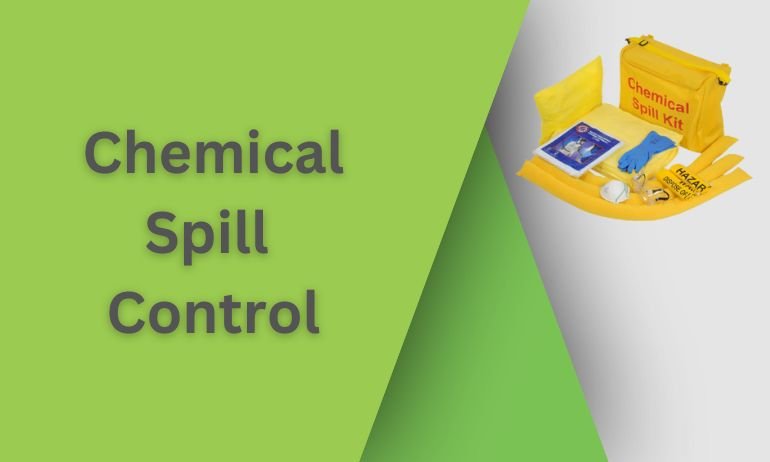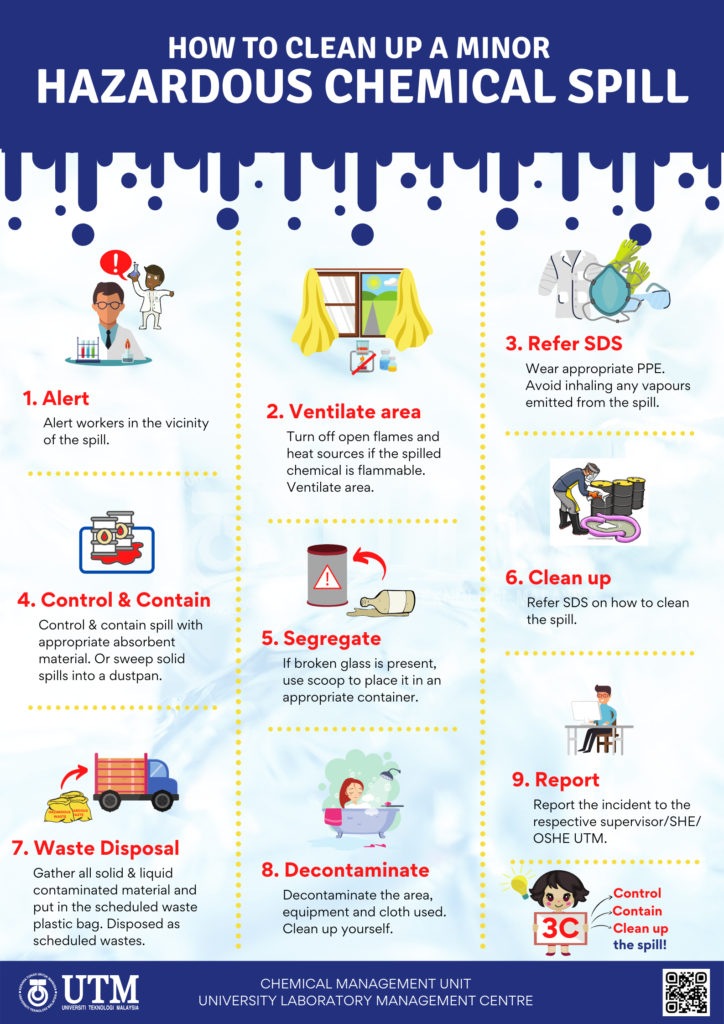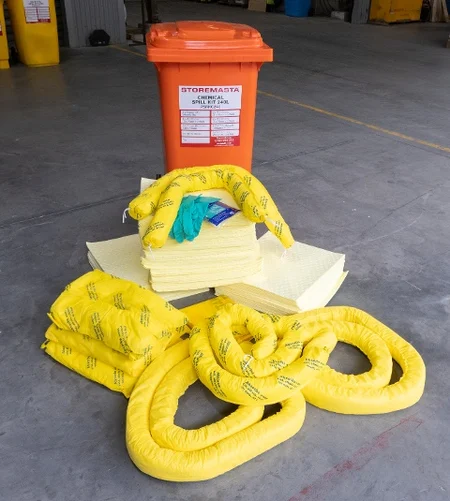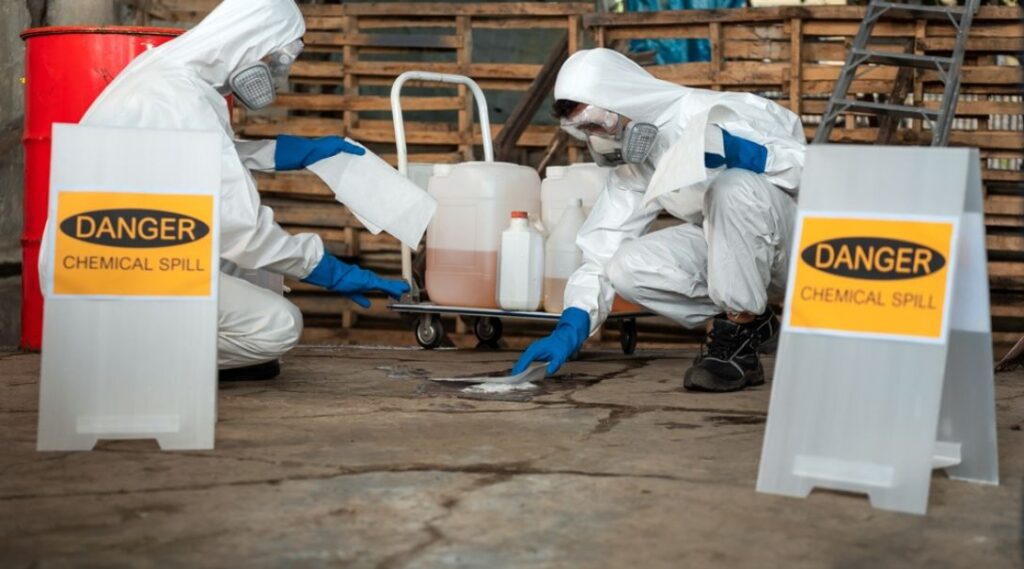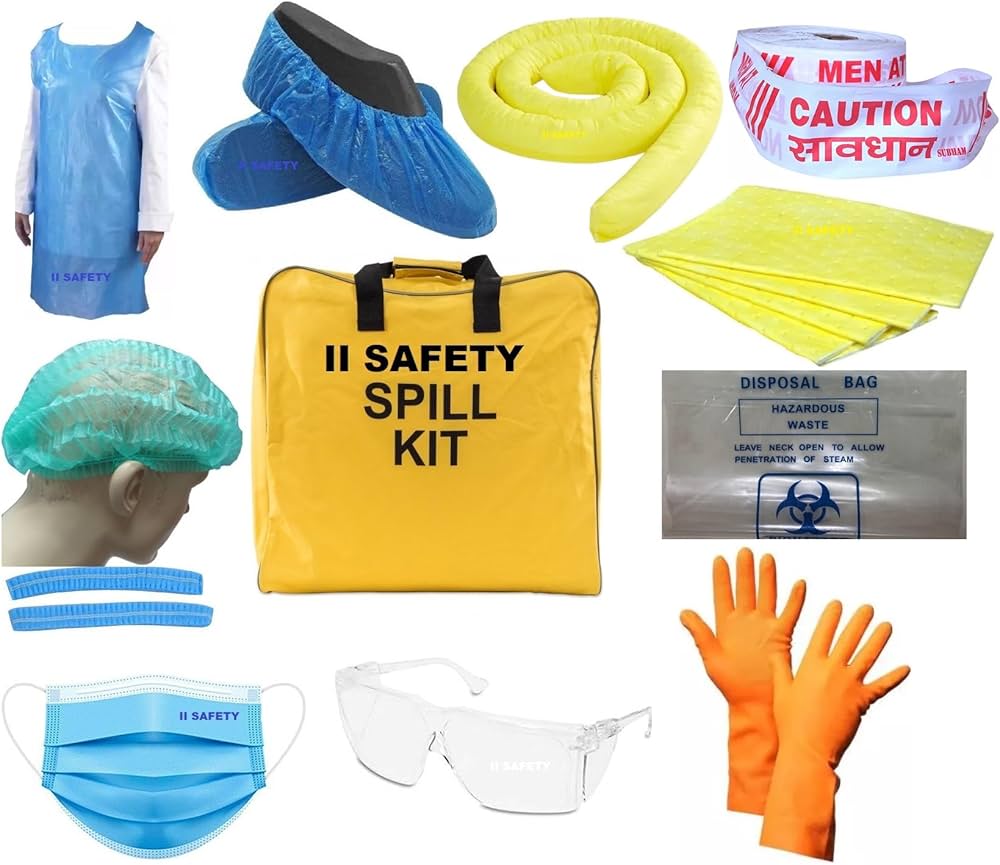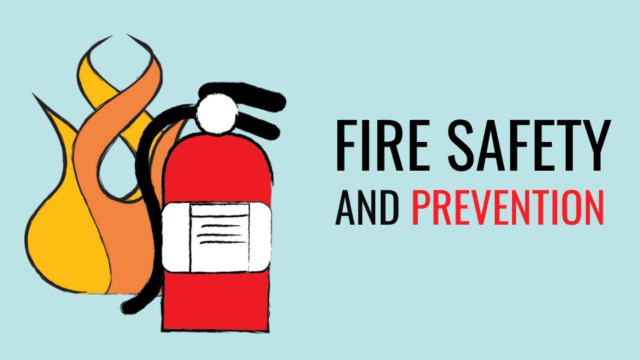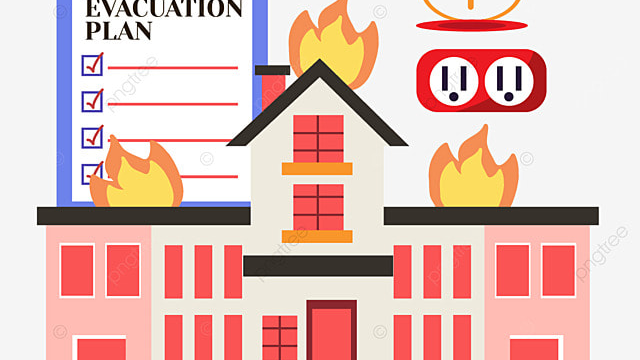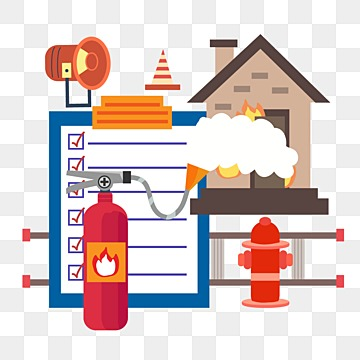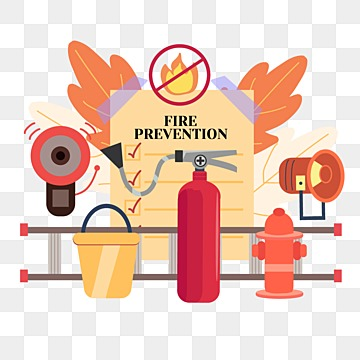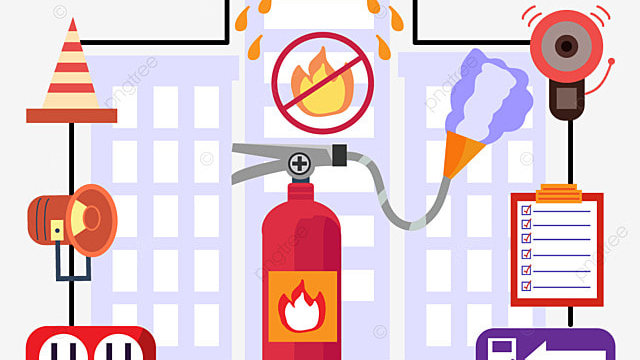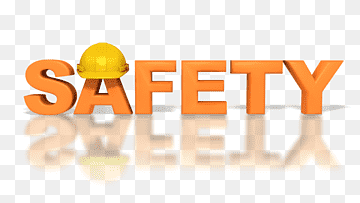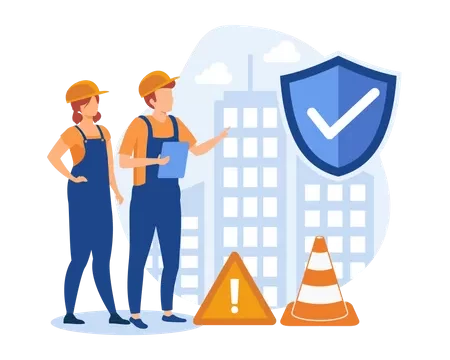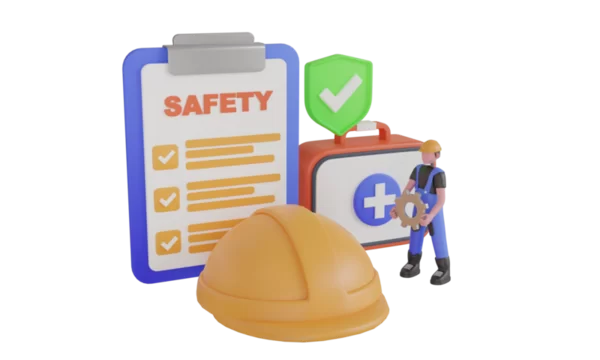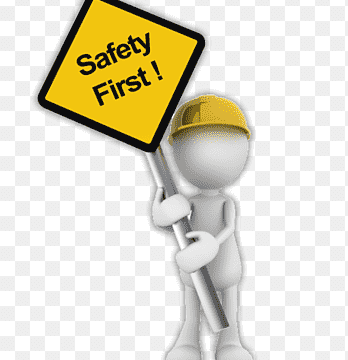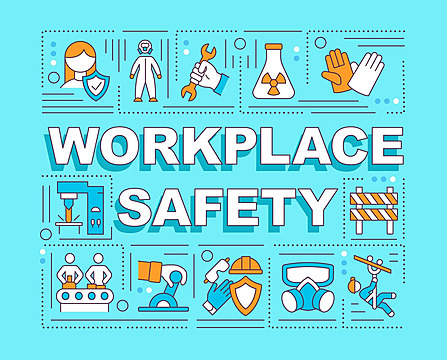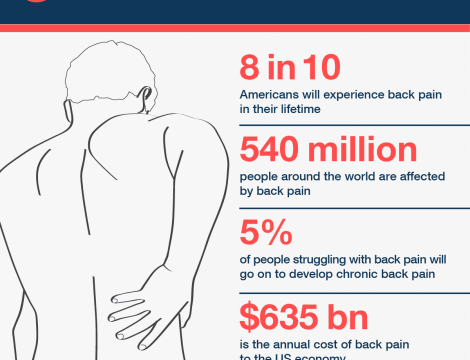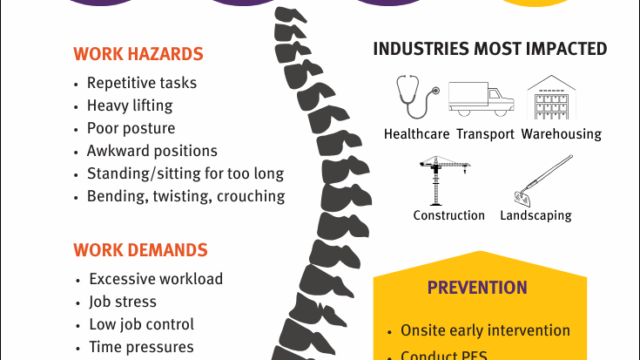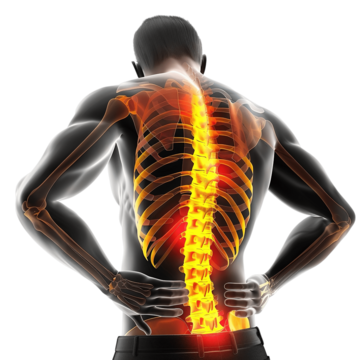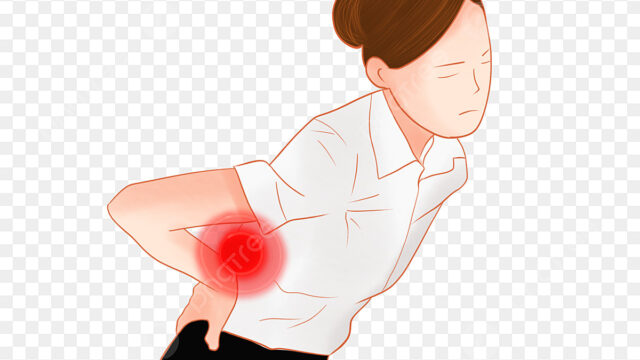Popular
Chemical Handling & Spill Control
Description
Course Outline: Chemical Handling & Spill Control
Duration: 2 Days
Course Objectives:
- To equip participants with the knowledge and skills for safe chemical handling in the workplace.
- To enhance understanding of chemical properties, hazards, and labeling standards.
- To train participants in effective spill control and emergency response protocols.
- To ensure compliance with health, safety, and environmental regulations.
- To foster a safety-first culture in handling and managing chemical spills.
Learning Outcomes:
By the end of this course, participants will be able to:
- Identify potential risks and hazards associated with chemical handling.
- Apply safe practices for storing, transporting, and using chemicals.
- Interpret Safety Data Sheets (SDS) and chemical labeling systems (e.g., GHS).
- Respond effectively to chemical spills using appropriate tools and techniques.
- Implement workplace chemical spill prevention and control measures.
Learning Outputs:
Participants will:
- Develop a chemical inventory and handling procedure for their workplace.
- Demonstrate proficiency in using spill control kits and personal protective equipment (PPE).
- Conduct a risk assessment and create a spill response plan.
- Understand and apply legal and regulatory requirements for chemical safety.
Day 1: Chemical Handling Fundamentals
Session 1: Introduction to Chemical Safety
- Importance of chemical safety in the workplace.
- Overview of laws and regulations (e.g., OSHA, GHS).
- Roles and responsibilities in chemical management.
Session 2: Understanding Chemical Hazards
- Types of chemical hazards (physical, health, environmental).
- Reading and interpreting Safety Data Sheets (SDS).
- Hazard communication standards and labeling systems.
Session 3: Safe Chemical Handling Practices
- Proper storage and transportation of chemicals.
- Use of PPE for handling chemicals.
- Developing workplace chemical handling procedures.
Practical Activity: Identifying hazards and PPE selection based on SDS.
Day 2: Spill Control and Emergency Response
Session 1: Spill Prevention and Planning
- Importance of spill prevention.
- Conducting a risk assessment.
- Developing a spill response plan.
Session 2: Spill Response and Mitigation
- Types of chemical spills and appropriate responses.
- Step-by-step spill control process.
- Tools and materials in a spill control kit.
Session 3: Emergency Response and Reporting
- Communicating during emergencies.
- First aid measures for chemical exposure.
- Reporting procedures and incident documentation.
Practical Activity: Spill simulation exercise and response evaluation.
Closing Session:
- Q&A and group discussion.
- Summary of key learnings.
- Course evaluation and feedback.
Listing Video
Location
Review
Write a ReviewThere are no reviews yet.

